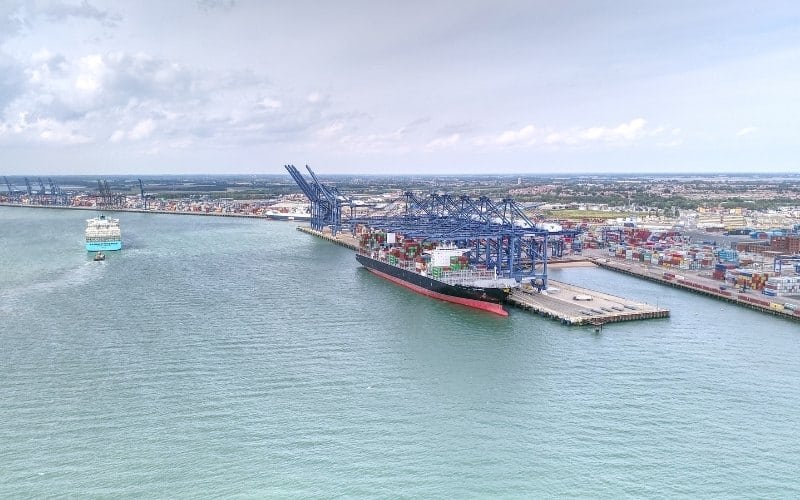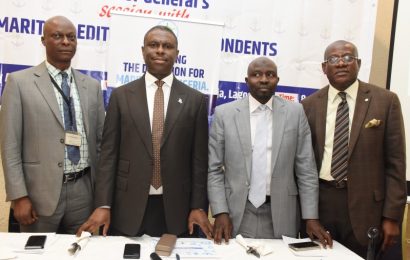
The 80th session of IMO’s Marine Environment Protection Committee (MEPC 80) has initiated the review of the short-term measures, ie the Carbon Intensity Indicators (CII), Energy Efficiency Existing Ship Index (EEXI) and Ship Energy Efficiency Management Plan (SEEMP), by approving the plan for such a review.
The scope of the review will include experiences with the enforcement of short-term measures by Flag States and Port State Control (PSC), the CII metrics (currently Annual Efficiency Ratio (AER)), as well as correction factors and voyage adjustments for CII.
World Maritime News report that the review will be carried out in three phases:
From now until MEPC 82 (to be held in autumn of 2024) the focus will be on data gathering
MEPC 82 will initiate a data analysis, which will be continued by a correspondence group until MEPC 83 (to be held in spring of 2025)
A working group scheduled to meet in late 2024 or early 2025 will begin the review of the regulations in MARPOL Annex VI and the associated guidelines.
Data to facilitate the review
MEPC 80 also approved changes to datapoints that shall be submitted annually to the IMO Ship Fuel Oil Consumption Database. The changes are expected to be adopted by MEPC 81 in April next year. However, these changes may not enter into force in the autumn of 2025 at the earliest, with application for the calendar year 2026. Therefore, data containing the new datapoints will not be available for consideration in the second half of 2027. Meanwhile, the review of short-term measures according to MARPOL Annex VI has to be concluded by 1 January 2026.
Consequently, Flag States and other stakeholders, such as international organisations representing shipowners and/or charterers, are invited to collect data to facilitate the review process and submit it to IMO no later than by MEPC 82 in the autumn of 2024.
The move is being launched after the regulation received a lot of criticism amid fears that the methodology used might result in unintended consequences and penalization.






